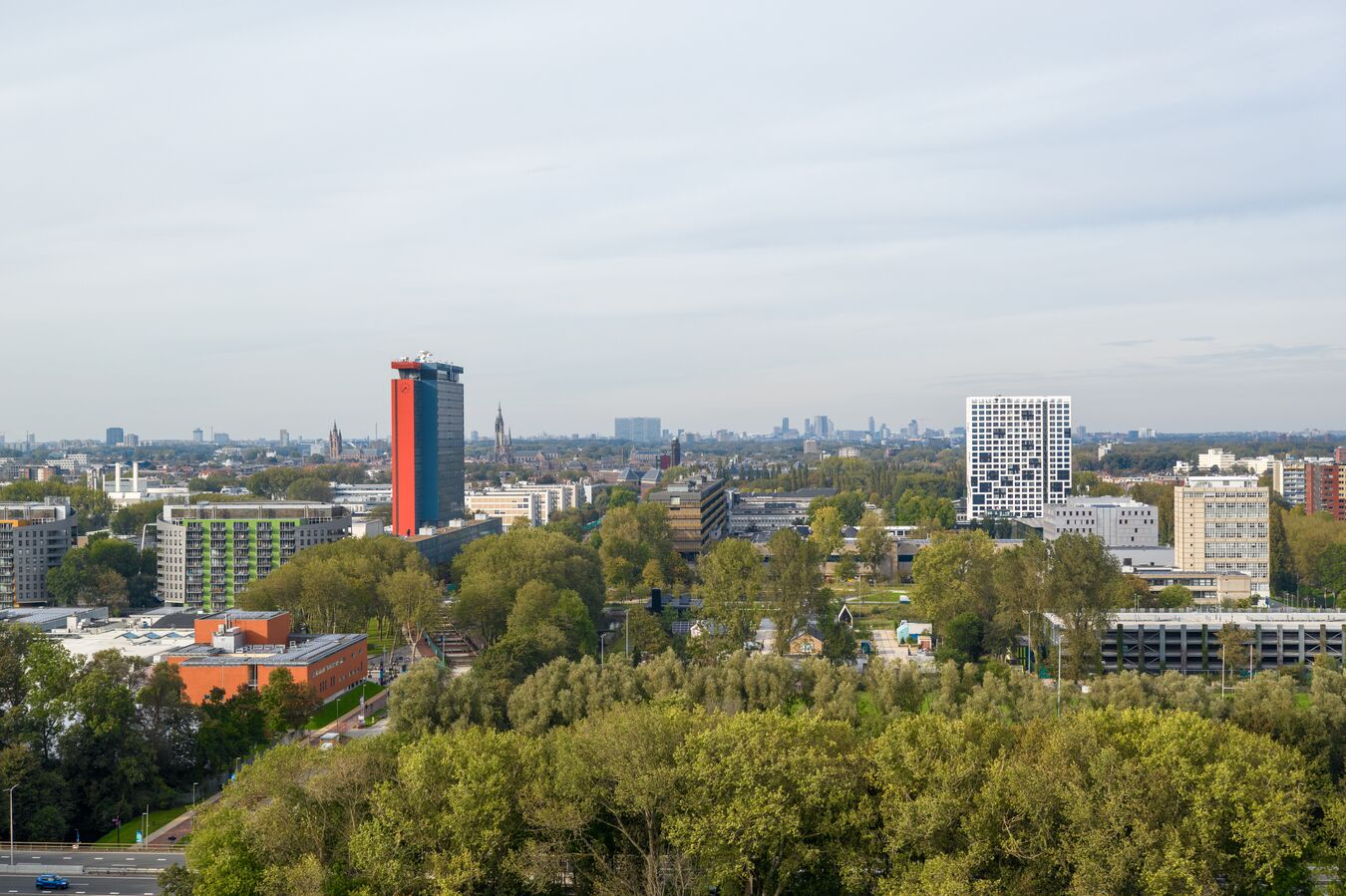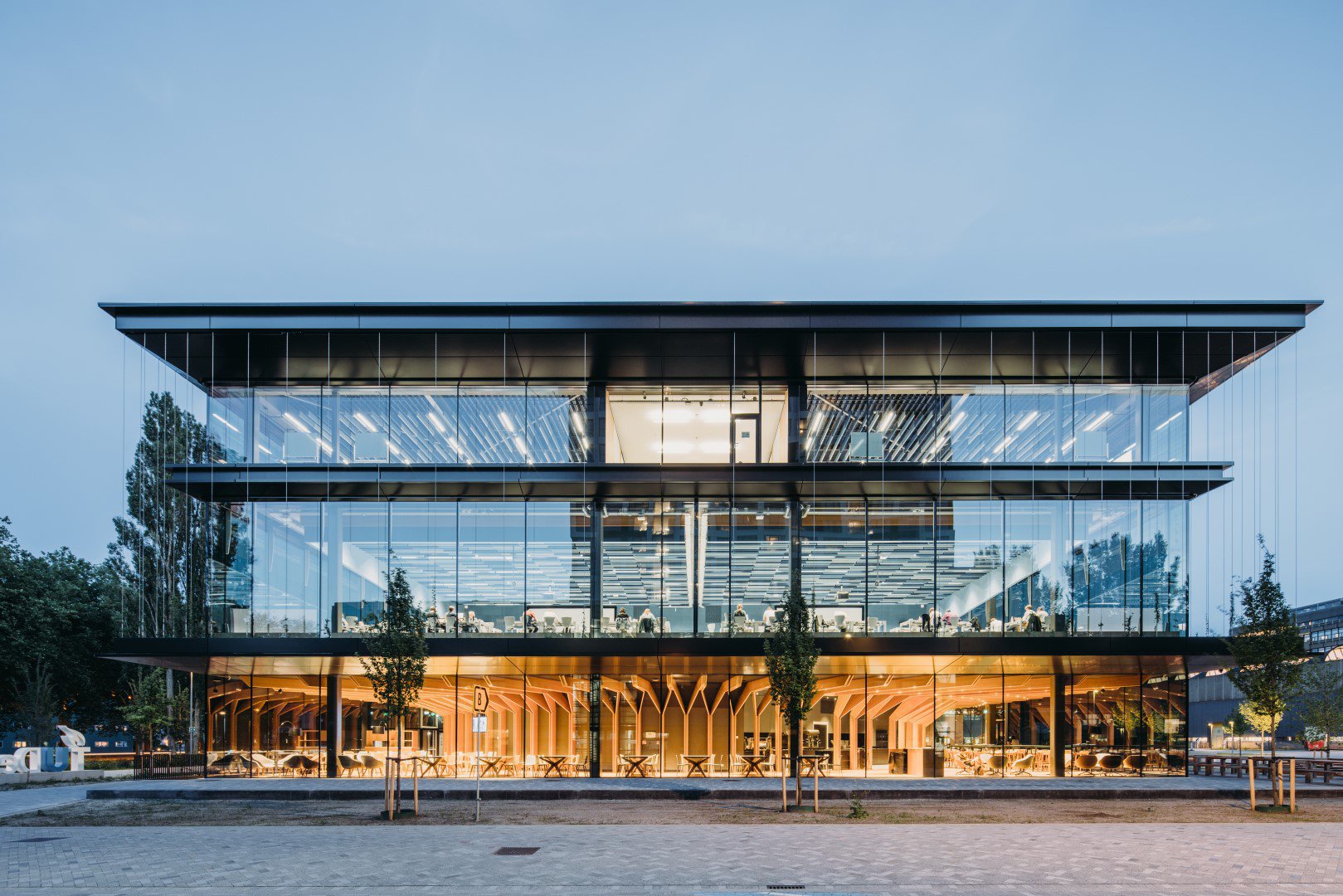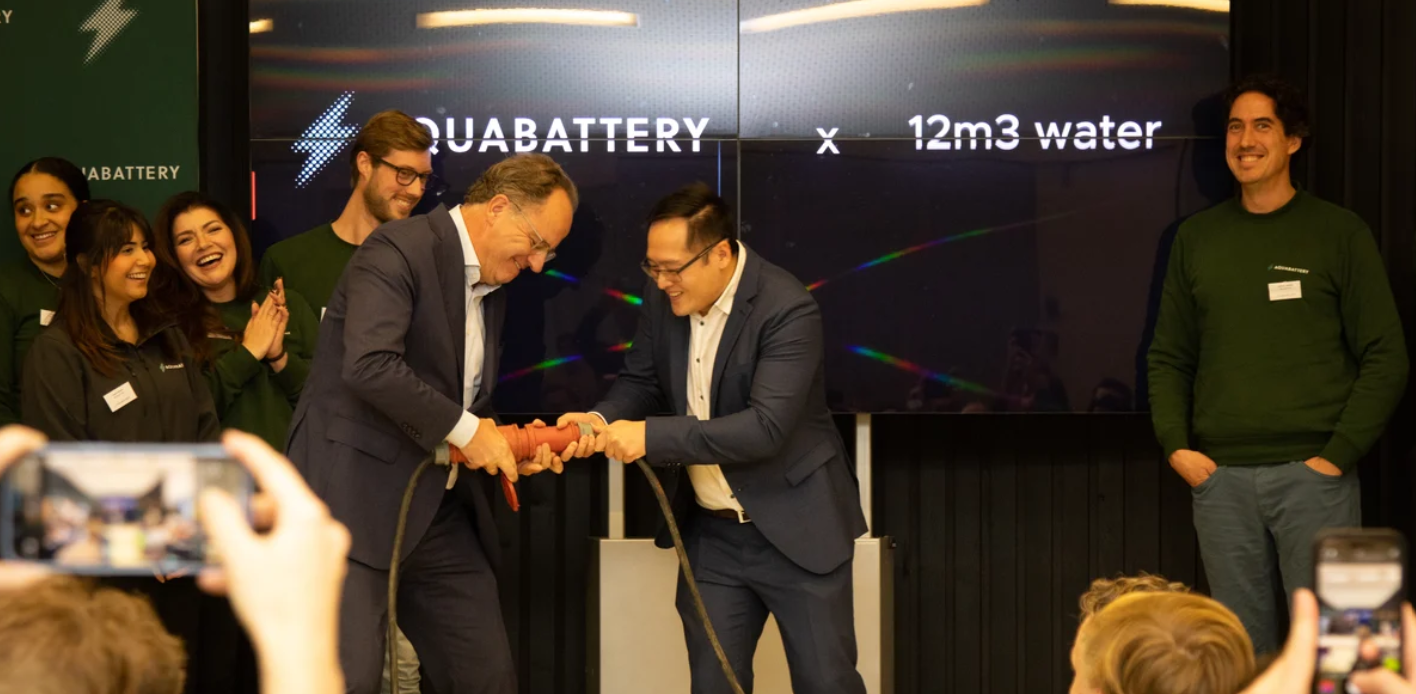Young entrepreneurs face a lot of challenges. Having access to the right support can be the difference between success and failure, as Jules Rombouts from Nature’s Principles can testify. We caught up with him to talk about Delft’s ecosystem, and the instrumental role that TU Delft, the Innovation & Impact Centre and YES!Delft have played in the development of Nature’s Principles.
At Nature’s Principles, Rombouts is working on a new method to make plastic from polylactic acid (PLA) cheaper and more sustainable then previously possible. The production of ‘conventional’ plastic requires vast amounts of energy and petroleum, which contributes significantly to CO2 emissions and other forms of environmental pollution. Rombouts believed that this could and should be done differently. Soon after it was founded, Nature’s Principles participated in the Validation Lab at YES!Delft. Rombouts recalls the experience: ‘We were still as green as grass and quite naive. Thankfully, it turned out to be a fun and, above all, informative experience. In March 2019, I gave a group of YES!Delft mentors a pitch about our plans and our Technology Readiness Level (TRL) at the time. During this course, we met start-ups that were a bit further down the road than us, running pilots or scaling up with customers. It was very international, with start-ups from Sweden, Germany and Colombia. The key question during that course was: “Does anyone want your product? Is there a market for it? Validate with future customers!”’
Nature’s Principles learned a lot from the ‘homework’ that ensued from the YES!Delft course. Rombouts: ‘We were sent out to test our assumptions and to try to speak to 50 potential customers in a just short space of time. We target the B2B segment, so we were keen to talk to the procurement departments at companies like Rituals and Unilever.’ The demand for PLA is growing by 15 to 20% every year. A steady stream of new factories is being opened or upsized to meet the growing demand. For Nature’s Principles, this is a clear sign that there is a market for their product.
Rombouts has nothing but high praise for the session with YES!Delft. ‘Apart from the fact that it’s fantastic to have peer-to-peer sessions and to talk to other start-ups about various challenges, we really learned a lot. We are hoping to get involved in their accelerator programme in the future.’ YES!Delft has a strong track record: typically, about 1% of high-tech start-ups make it successfully to market, but at YES!Delft that figure is almost 10%. Traditionally, the focus has very much been on health, information technology and robotics, but Rombouts has noticed a shift towards environmental issues and clean-tech. This isn’t a bad development, he laughs: ‘The health of the earth is rather important, too!’
“Being able to tap into the university’s network is incredibly valuable for start-ups”
Jules Rombouts
Founder & Director
Support from the alma mater
Nature’s Principles works closely with TU Delft. Rombouts: ‘TU Delft is a shareholder through Delft Enterprises and we also use TU Delft laboratories quite a lot. The TU Delft Innovation & Impact Centre also helped us tremendously with the application of various grants and funding schemes. Being able to tap into the university’s network is incredibly valuable. A while ago, for example, a business angel approached TU Delft looking for a bioplastics start-up – a near-perfect match for us. There was a time when universities were almost aggressive in their attempts to retain control, afraid of simply giving away value to former employees that want to start a business. Fortunately, I think those days are well and truly behind us; the collaboration is extremely valuable to us.’
Driven academics make the difference
Rombouts also sees TU Delft changing in other areas. ‘My Bachelor’s master’s doctorate system now also includes a course on entrepreneurship. That’s a great development. At my old department, another start-up has just set up a private limited company. I think that all Bachelor’s programmes in the Netherlands should include a course on entrepreneurship. Looking around, I can see an incredible amount of knowledge and so many initiatives, and a lot is being published – but unfortunately, very little is actually reaching the market. Young, driven academics can really make a difference, and setting up and running your own company is a good way to earn a living. More could be done to spread that message. Sure, a permanent job might be safer, but entrepreneurship has so much to offer. There is a tentative upward trend, but it would be great to see more alumni starting their own business; now it’s really only a few percent who take the leap. It would be fantastic if we could get that figure up to 10-20%. Perhaps we need more idols. The Dutch love elite athletes, and CEOs are often featured in the media. Perhaps more entrepreneurs should be put in the spotlight as role models?’
A look behind the scenes, and a glimpse into the future
Nature’s Principles has attracted investors to help advance the technology to a minimum viable product (MVP) – a first product that can be sold and for which is existing demand. ‘We are looking into collaborating with Planet B.io and their Bioprocess facility who are also located here in Delft, to scale and validate the industrial scale of production.’ If everything goes to plan, the company hopes to have its first commercial full-scale factory in Europe up and running within seven years. ‘But first, we need to improve the fermentation further!’



